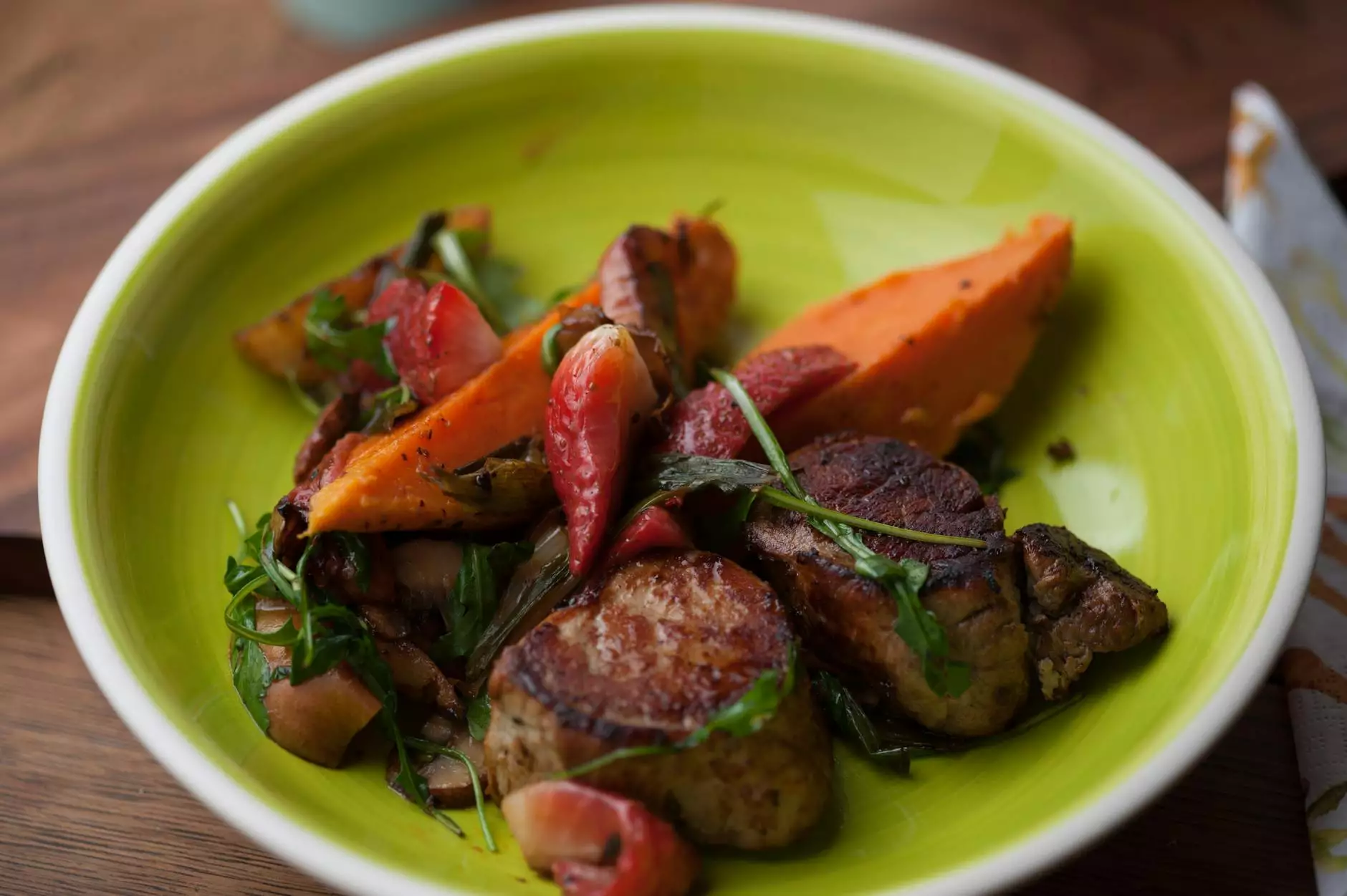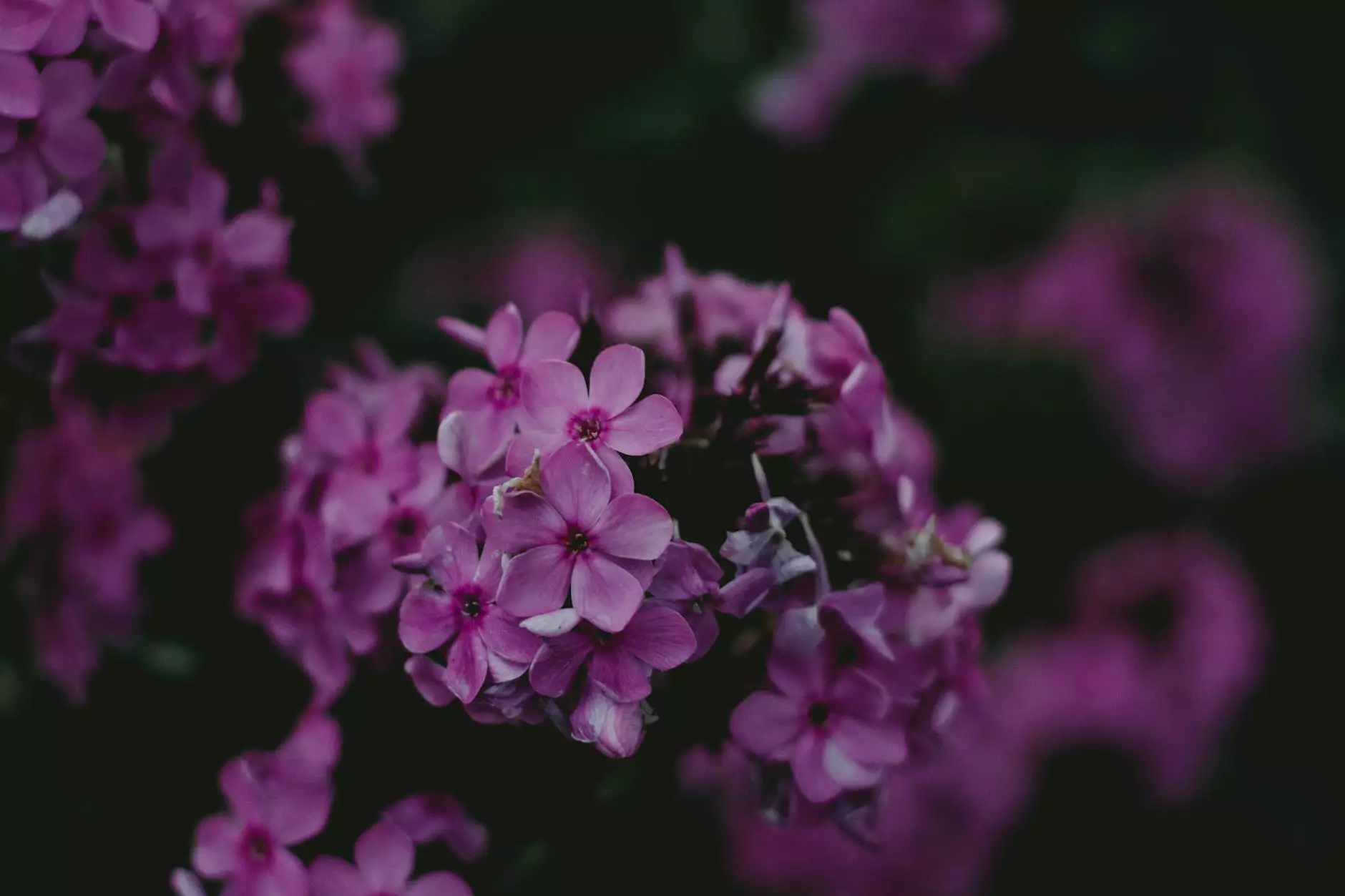Discover the Power of Dogal Gubre: Natural Fertilizer for Organic Growth
The Importance of Natural Fertilizer in Organic Gardening
In recent years, there has been a significant shift towards sustainable agriculture, prompting gardeners and farmers to seek effective methods of enhancing soil and plant health. One of the foremost elements in achieving this is by using dogal gubre, or natural fertilizer. This organic alternative to synthetic fertilizers not only nourishes plants but also enriches the soil, fosters biodiversity, and respects the delicate ecosystem.
Understanding Dogal Gubre
Dogal gubre refers to organic materials that serve as nutrients for plants. Derived from natural sources such as animal waste, plant residues, and compost, this fertilizer plays a crucial role in enhancing the structure and fertility of the soil. By ensuring that your garden remains healthy and productive, natural fertilizers are essential for anyone serious about organic farming and home gardening.
Types of Natural Fertilizers
Various forms of dogal gubre can be utilized depending on the specific needs of your soil and plants. Common types include:
- Compost: Decomposed organic matter, ideal for enriching soil structure.
- Manure: Animal waste, rich in nutrients, enhances soil fertility and structure.
- Bone Meal: A source of phosphorus, important for root development and flowering.
- Seaweed: Provides micro-nutrients and improves plant resistance to diseases.
- Green Manures: Cover crops that are grown and then tilled back into the soil to improve fertility.
Benefits of Using Dogal Gubre
The advantages of integrating dogal gubre into your organic gardening practices are numerous. Here are some of the most compelling reasons to make the switch:
1. Environmental Sustainability
Using natural fertilizers reduces reliance on chemical inputs, minimizing environmental pollution and helping to sustain local ecosystems. By adopting organic practices, you contribute to a healthier planet for future generations.
2. Enhanced Soil Health
Dogal gubre improves soil structure, increases water retention, and promotes beneficial microbial activity. Healthy soil is pivotal for supporting diverse plant life and fostering an optimal growing environment.
3. Improved Plant Growth
Plants nourished with natural fertilizers exhibit stronger growth, improved resilience to pests and diseases, and better yields. The slow-release nature of many organic fertilizers ensures that plants receive nutrients steadily over time.
4. Safety for People and Animals
Natural fertilizers are generally safer for family members and pets compared to their synthetic counterparts, making them suitable for residential gardens and landscapes.
How to Apply Dogal Gubre in Your Garden
Incorporating dogal gubre into your gardening routine requires careful planning and the right techniques. Here are some practical steps to ensure effective application:
1. Soil Testing
Before applying any fertilizer, conduct a thorough soil test to determine nutrient deficiencies and pH levels. This will help tailor the organic amendments to your garden’s specific needs.
2. Choosing the Right Type of Natural Fertilizer
Depending on your plants' requirements, select the appropriate type of dogal gubre. For instance, use compost for general soil improvement, while manure can be particularly beneficial for vegetables.
3. Application Timing
Timing is crucial when applying natural fertilizers. Add dogal gubre in the spring during the planting season, or in the fall to prepare the soil for the next growing cycle. Avoid applying during dry spells to enhance nutrient absorption.
4. Application Techniques
There are various methods to apply natural fertilizers:
- Top Dressing: Spreading dogal gubre on the soil surface around plants.
- Incorporation: Mixing the fertilizer into the soil before planting.
- Liquid Fertilizers: Diluting natural fertilizers in water and applying as a foliar spray or soil drench.
Success Stories: Transforming Gardens with Dogal Gubre
Many gardeners who have made the switch to using dogal gubre have reported outstanding results. From lush vegetable gardens to vibrant flower beds, the benefits of natural fertilizers are evident.
Case Study 1: From Chemical to Organic
One organic gardener transitioned from synthetic fertilizers to dogal gubre and witnessed a remarkable improvement in plant health and soil vitality. She combined compost with a variety of natural amendments, and her garden flourished, producing larger vegetables and richer flavors.
Case Study 2: Urban Gardening Success
An urban gardener, limited by space and soil quality, adopted natural fertilizers, especially worm castings and compost. As a result, she significantly improved yields and increased her vegetable production, proving that sustainable practices can thrive even in small spaces.
Dogal Gubre: A Key Component in Sustainable Agriculture
The future of food production lies in sustainable practices, and dogal gubre is a critical part of this transformation. As consumers become more aware of the impacts of conventional farming practices on health and the environment, the demand for organic and sustainably-grown products continues to rise.
Encouraging Organic Practices
By adopting dogal gubre in your gardening and farming practices, you're joining a movement towards healthier ecosystems, improved public health, and sustainable agricultural methods. Farmers who use natural fertilizers tend to have healthier crops, which in turn supports local economies and responsible land management.
The Way Forward: Embrace the Power of Dogal Gubre
Embracing dogal gubre is an essential step toward sustainable gardening and agriculture. By enriching our soils with natural fertilizers, we help the environment, enhance plant vitality, and contribute to a healthier food system.
So why not start today? Explore various organic stores in your area that specialize in providing top-notch natural fertilizers. Let's work together to promote sustainable practices, enriching our gardens, our communities, and the planet.








